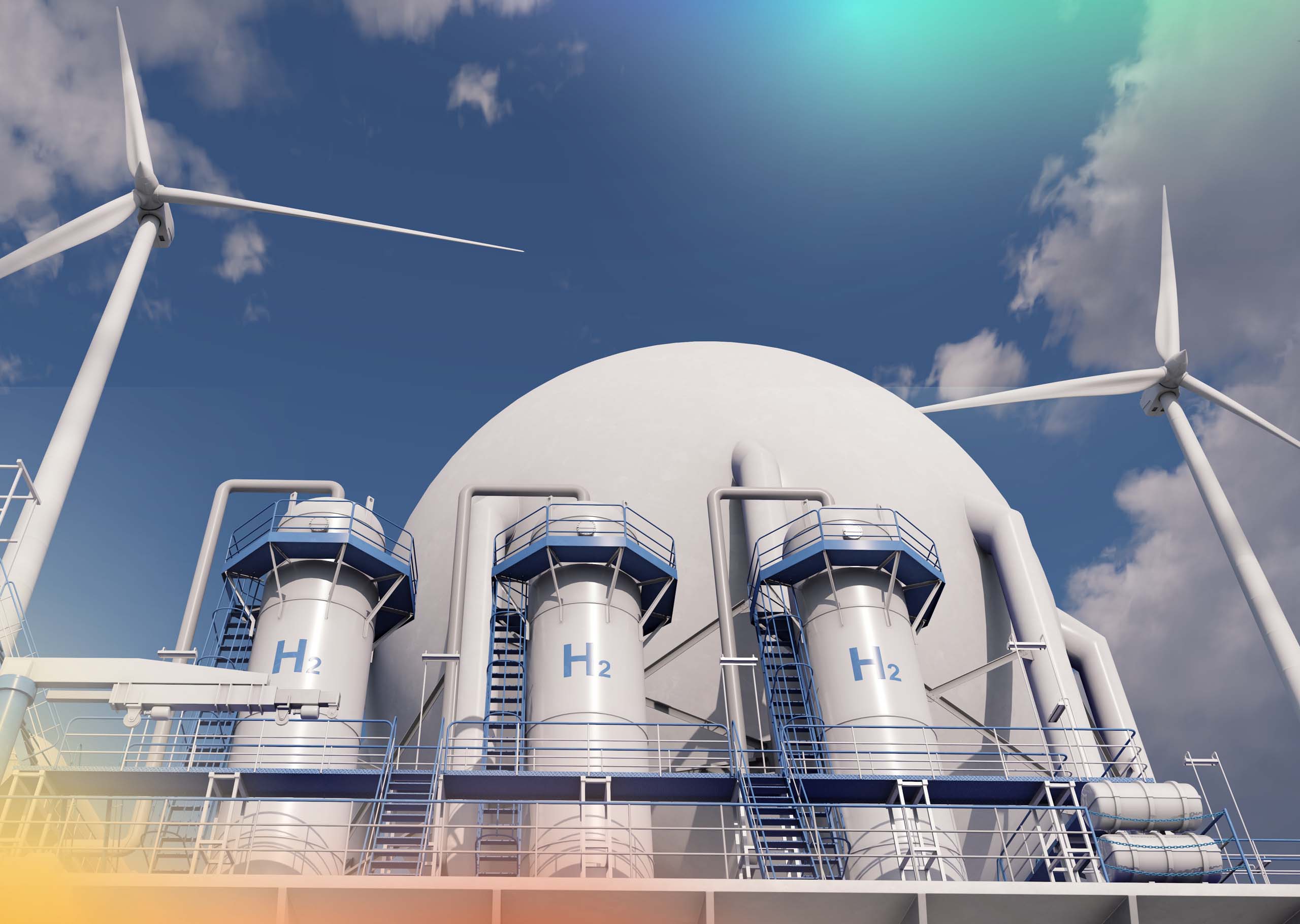14 May 2025
Is Hydrogen Stuck? Navigating the Reality Behind the Hype
Is Hydrogen Stuck? Navigating the Reality Behind the Hype
Everyone feels positive/bullish on market uptake, but timelines are unclear.
Certainly, things have been moving slower and growing less than expected. “Hydrogen is a marathon not a sprint” and “eventually it will happen” are typical mottos around the Hannover Messe, one of the major shows in Europe for hydrogen technologies and products. The case for using hydrogen to reach Net Zero is widely acknowledged as clear and compelling, as there are no other alternatives. But what and how long it will take to get there is unclear (5-10-15 years, who knows). Certainly, it will not be fast.
Cost remains the biggest barrier
Widely recognised is the need to overcome the chicken & egg problem. Hydrogen (all types but grey) itself is still expensive. Also hydrogen technologies, although ready and working, are expensive (as there is no scale and production is not automated/optimised for cost reduction). So, customers see cost as a barrier for adoption and do not pull the market.
But because they do not pull the market, manufacturers do not see scale and do not invest in automation/optimisation for cost reduction. It is just easier to use alternatives (e.g. diesel).
One way to solve this chicken & egg problem is for the governments to facilitate adoption with policies, subsidies, tax reliefs, funding and driving the market with a clear long term roadmap. However, in the last year or two, such support has fallen short, and roadmaps are unclear.
Many governments in EU have changed, and programmes have been stopped. Both manufacturers and customers are, as a result, looking at each other without doing much and waiting. There are very few applications and use cases which work from a financial (Total Cost of Ownership) point of view without policy support at the current H2 and H2 related tech costs.
Another option is for a technology breakthrough that reduces H2 and H2 related tech costs.
A market in transition: waiting for the tipping point
The market seems to be at a bottom. Definitely the focus/enthusiasm has shifted from fuel cells and related technologies to electrolysers and related technologies. It seems that mobility will be hard to penetrate for hydrogen technologies. There is agreement that the case for use in tracks, long haul vehicles and heavy duty is strong, but definitely not for passenger vehicles.
Timelines are very long though (5-10 years at least to SOP). There is agreement that the future for hydrogen generation is brighter, hence a shift of focus/enthusiasm to electrolysers. However, the capital investment required here is very large (hundreds of thousands for small instalments to millions of USD for larger ones) making a financial case very difficult/risky without long term policy support.
The situation is very similar among all EU countries as well is in North America. In China, however, it seems there is a strong and clear drive from the government. In Korea the push for hydrogen technologies has been very strong for over a decade and seem to be the most advanced country in this field.
The safety of H2 technologies is important, it must be guaranteed, but it is not considered a barrier for adoption of such technologies. It seems that laws and regulations are moving slower than technology. Often the safety regulations associated to H2 systems and technologies are general or relative to other gases. There is work ongoing to bring laws, regulations and standards in line with todays H2 tech.
Main strategies to guarantee safety are based on detection (incl. H2 leakage), anti-explosion (ATEX) system and components, venting and safety procedures (e.g. gas sniffing every time there is a pipe rework, detectors accuracy checks, etc.). H2 leakage detection seem quite pervasive and a crucial part in guaranteeing safety. The main sensing technology is catalytic detection, with some new players proposing thermal conductivity detection as an alternative (click here for more insights).
The market is clearly not mature. There is a lot of prototyping going on. Everyone is open to try new things. Supply chains are not established. Everything is in movement. Standards and regulations are behind. Things are moving slowly, but everyone thinks that eventually it will happen. It is a long term play for everyone involved.
Surviving until it takes off is a must for everyone.



